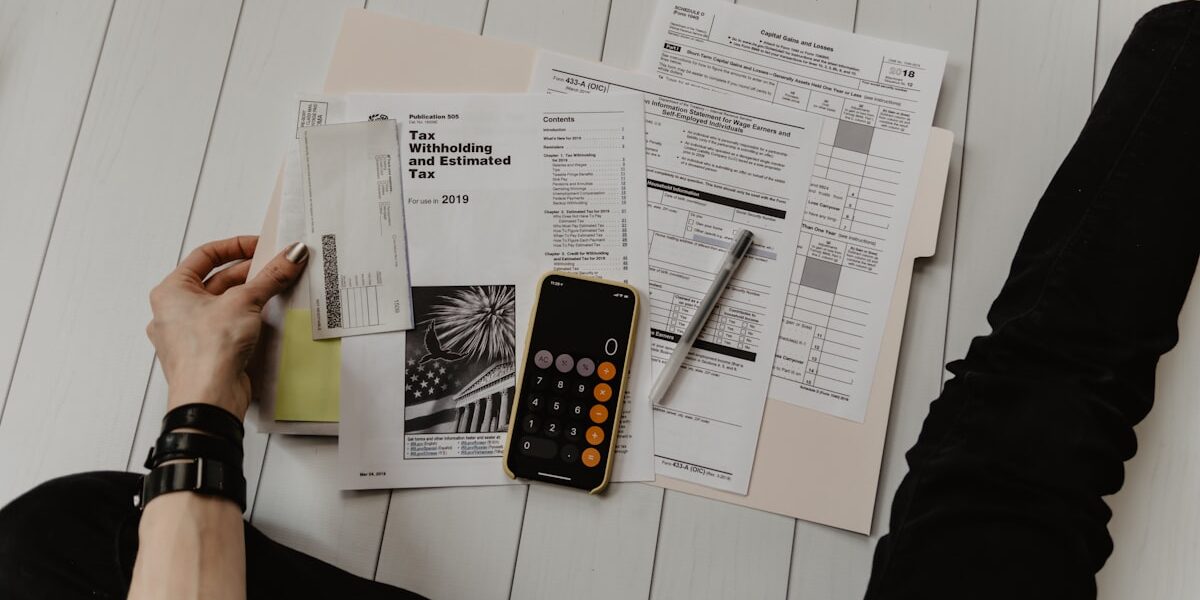In the world of finance and investment, ‘notes’ refer to a type of debt security, somewhat akin to bonds but typically traded in a different manner. Whether you’re an individual investor or a large institution, buying notes can be a strategic move to diversify and strengthen your investment portfolio. In this article, we will explore the avenues through which notes can be purchased, the types of notes available, and the considerations you should take into account before making a purchase.

**Understanding Notes**
Before diving into how to buy notes, it is essential to understand what notes are. Notes are debt instruments that represent a promise to pay a specified sum of money at a future date. Notes come in various forms including promissory notes, treasury notes, and corporate notes, each with different characteristics, terms, and risks.
**Types of Notes**
1. **Promissory Notes**: These are private agreements between two parties. They are often used in private lending and can offer higher returns, but also carry a higher risk.
2. **Treasury Notes**: Issued by the government, these are generally considered safe investments. They have fixed interest rates and are backed by the government’s credit.
3. **Corporate Notes**: Issued by companies, these can offer higher yields compared to government securities but are riskier.
4. **Municipal Notes**: Issued by states, cities, or counties to fund public projects, these are often tax-exempt and are popular among investors looking for tax-free income.
**How to Buy Notes**
1. **Through Financial Institutions**: Banks and credit unions often offer notes to their customers. This can be a straightforward way to purchase notes, especially promissory notes.
2. **Via Brokerage Firms**: Most brokerage firms provide access to a variety of notes including corporate and treasury notes. They can offer guidance and help in understanding the current market conditions.
3. **Online Platforms**: There are several online platforms that specialize in notes. These platforms often provide tools that help investors analyze potential returns and risks.
4. **Direct Purchase**: For municipal notes, one can directly purchase from the issuing body during an initial offering. This method is often used by local investors interested in supporting specific community projects.
**Considerations When Buying Notes**
– **Risk Assessment**: Understand the credit risk associated with the issuer of the note. Higher yields often come with higher risks.
– **Investment Horizon**: Consider your investment timeline as notes can vary widely in their maturity periods.
– **Liquidity Needs**: Some notes, like certain promissory notes, can be less liquid than others, meaning they might be difficult to sell before maturity.
– **Interest Rates**: Note interest rates can be fixed or floating. Decide which type suits your investment strategy based on your outlook on future interest rate movements.
– **Tax Implications**: Be aware of the tax implications, especially with municipal notes, which may offer tax-free income but could also have alternative minimum tax considerations.
**Conclusion**
Buying notes can be a lucrative investment, but it requires due diligence and a clear understanding of the financial landscape. Whether you choose to invest in government-backed securities or high-yield corporate notes, understanding the types of notes available and how to purchase them is crucial. By considering your financial goals, risk tolerance, and the types of notes that align with your strategy, you can make informed decisions and potentially achieve a stable and profitable investment portfolio. Always consider consulting with a financial advisor to tailor your investments to your personal financial situation.




Subscribe for Updates
Get the latest articles delivered to your inbox.
We respect your privacy. Unsubscribe anytime.